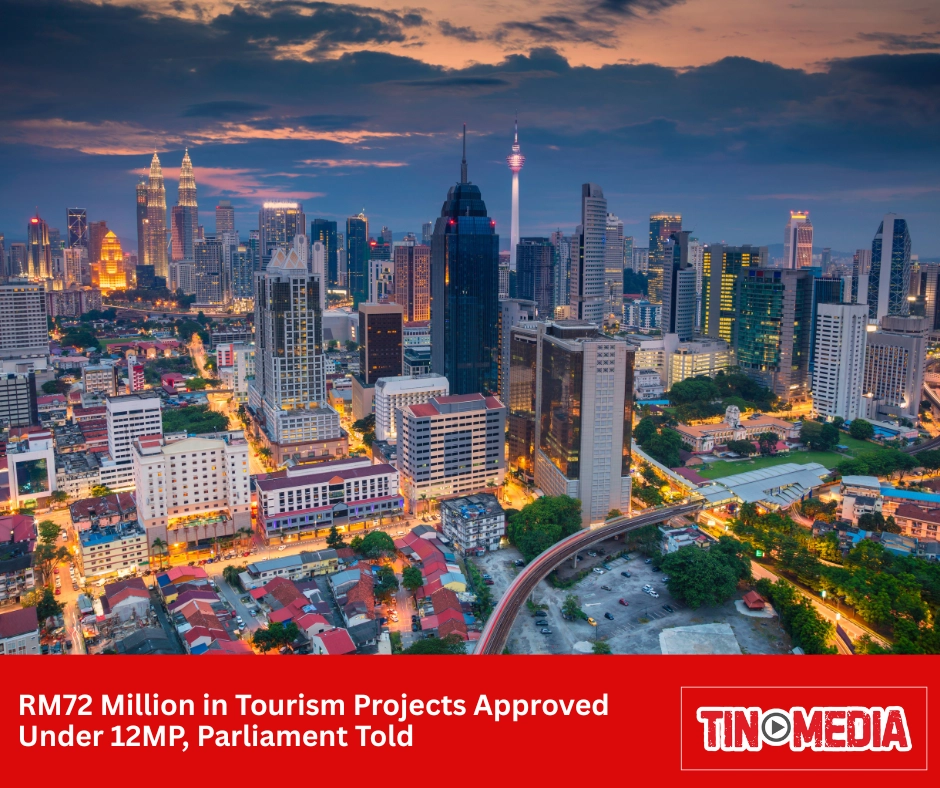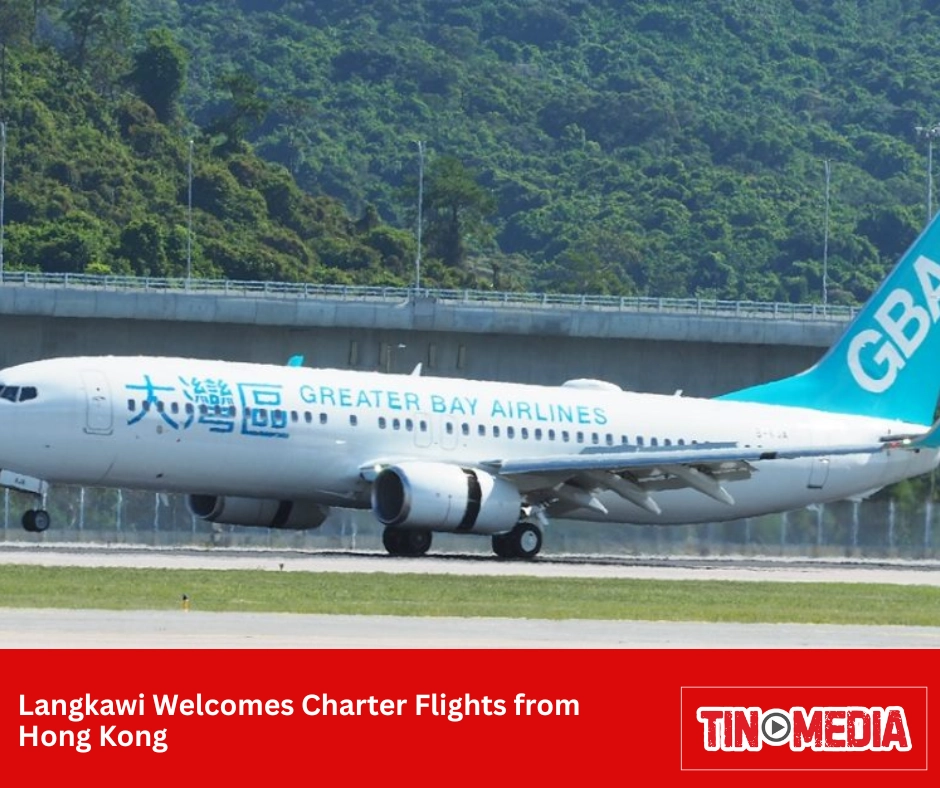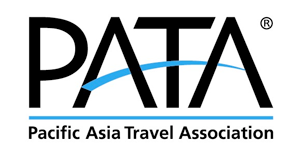The global travel startup ecosystem is experiencing a noticeable dip in funding as 2025 unfolds, with economic uncertainty, geopolitical tensions, and cautious investor sentiment reshaping the investment landscape—particularly in the travel tech sector.
Funding for travel technology startups has seen a significant slowdown. In Q1 2025, the industry attracted only $1 billion, followed by an even steeper drop to $800 million in Q2. This marks a dramatic shift from earlier years, especially when compared to the $16 billion invested during the pandemic rebound of 2021. Projections suggest that only $4 billion will be raised by year-end, down from $5.5 billion in 2024.
Several global factors are contributing to the downturn: rising tariffs, fluctuating currencies, political instability, and the unpredictable pace of AI integration have all led to greater investor caution. The impact is especially pronounced among early-stage startups, with pre-seed and seed rounds declining sharply in both volume and value.
Despite the headwinds, a few standout companies have managed to secure substantial funding. Financial platform Rampsecured $200 million, Canary Technologies raised $80 million for its hospitality tech suite, and travel advisory Forabrought in $60 million to accelerate its growth. Notably, Onfly, a past PhocusWire Hot 25 Startup, also received $40 million, highlighting the market’s appetite for differentiated and proven business models.
However, for most emerging players, the funding climate remains tough. Many early-stage startups are securing less than $5 million in funding, reflecting a shrinking pool of available capital and growing investor preference for later-stage ventures with established revenue streams.
Artificial Intelligence, once considered a key differentiator, has become a double-edged sword. While AI-driven innovation remains attractive, overselling of capabilities and under-delivery has led to growing skepticism. Startups must now demonstrate real-world application and value rather than merely touting AI as a buzzword.
As early-stage funding dries up, mergers and acquisitions (M&A) are becoming an increasingly viable path. Major moves like Marriott’s acquisition of CitizenM for $355 million and TPG’s $1.1 billion purchase of Sabre’s hospitality arm illustrate the ongoing trend toward consolidation. For many smaller startups, M&A offers a strategic alternative to scaling independently in a risk-averse funding environment.
Despite these challenges, optimism remains for travel tech firms in the growth and later stages. Industry insiders note that travel technology has matured into a standalone vertical, complete with defined investment pathways and exit strategies such as IPOs. Companies like Navan Travel have already announced plans to go public, signaling long-term confidence in the sector’s resilience.
In conclusion, while the funding environment for travel startups in 2025 is markedly cautious, those with proven business models, innovative technology, and adaptive strategies continue to attract investor attention. The future of travel tech lies in navigating volatility with agility—leveraging M&A opportunities, focusing on sustainable and AI-driven solutions, and positioning for strategic exits.
The next wave of travel innovation may not come from the boldest ideas alone—but from the most resilient.
- TAGS / KEYWORDS:
- trending#1


















.png)














